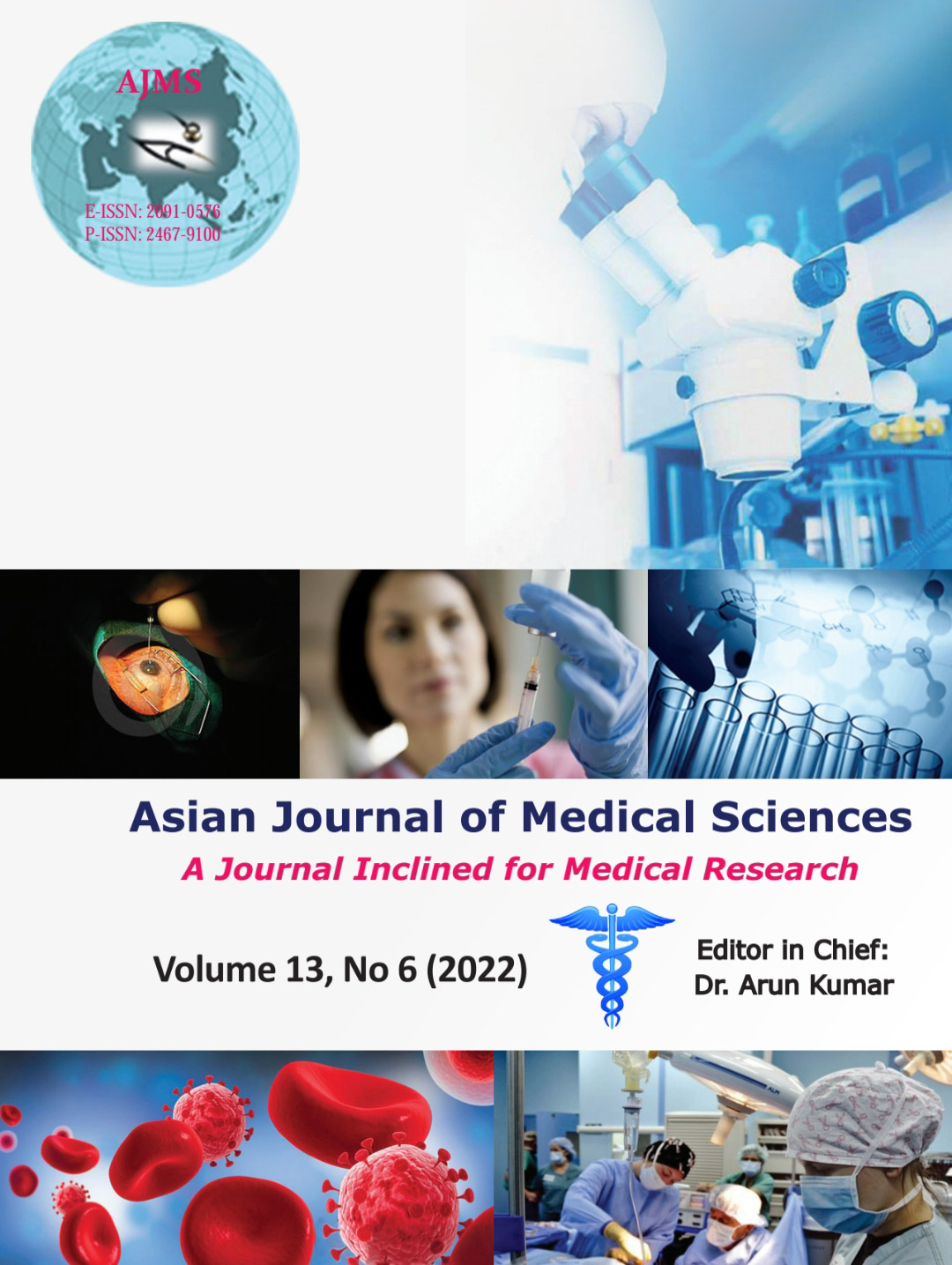Attenuation of metabolic stress response during spinal surgery under general anaesthesia - A comparison between preoperative carbohydrate drink or no carbohydrate load
Keywords:
Carbohydrate drink, Cortisol, C-Peptide, Perioperative, StressAbstract
Background: Surgery is a stress which stimulates the increase of counter regulatory hormones. Pre-operative prolonged fasting increases stress further. Although a pre-operative carbohydrate (CHO) drink has been variably reported to yield benefit in reducing the perioperative stress and is being used frequently for elective surgeries, some recent reports also reports that preoperative CHO loading did not result in increase or decrease in the post-operative complication rates when compared with placebo or fasting group.
Aims and Objectives: The present study was designed to determine the stress response in the postoperative period at 24 h in terms of changes in the levels of cortisol and other biomarkers.
Materials and Methods: This randomized, parallel group, and double-blind study was conducted in 75 patients aged 18–65 years, of American Society of Anesthesiologists Physical Status Classes I and II, scheduled for elective lumbar spine surgery under general anesthesia. The patients were randomly allocated to receive 300 ml plain water at 9 pm on the day before surgery and 2 h before operation (Group C, control, n=25), or 300 ml plain water at 9 pm on the day before surgery and solution containing 75 grams of glucose dissolved in 300 ml water in the morning 2 h before surgery (Group CHO-1, n=25), or to receive 75 grams of glucose dissolved in 300 ml water at 9 pm in the night before the surgery and again in the morning at 2 h before surgery (Group CHO-2, n=25). In all the three groups, the levels of insulin (C-peptide), lactate, glucose, and cortisol were determined preoperatively (before the induction of anesthesia) and 24 h postoperatively.
Results: There was considerable difference between post-operative blood cortisol level among the three groups (583.9 vs. 462.3 vs. 389.6 nMol/L, Control vs., CHO load once or twice, respectively, P<0.0001). A significant difference in post-operative values was also seen with other parameters such as serum lactate, glucose, and C-peptide. Considerable differences were seen in both preoperative and postoperative period in case of cortisol and lactate whereas it was limited to postoperative values in case of glucose and C-peptide.
Conclusion: Pre-operative glucose loading showed better efficacy in suppressing perioperative stress response in terms of less rise of serum cortisol and lactate as compared to no CHO load.
Downloads
Downloads
Published
How to Cite
Issue
Section
License
Copyright (c) 2022 Asian Journal of Medical Sciences

This work is licensed under a Creative Commons Attribution-NonCommercial 4.0 International License.
Authors who publish with this journal agree to the following terms:
- The journal holds copyright and publishes the work under a Creative Commons CC-BY-NC license that permits use, distribution and reprduction in any medium, provided the original work is properly cited and is not used for commercial purposes. The journal should be recognised as the original publisher of this work.
- Authors are able to enter into separate, additional contractual arrangements for the non-exclusive distribution of the journal's published version of the work (e.g., post it to an institutional repository or publish it in a book), with an acknowledgement of its initial publication in this journal.
- Authors are permitted and encouraged to post their work online (e.g., in institutional repositories or on their website) prior to and during the submission process, as it can lead to productive exchanges, as well as earlier and greater citation of published work (See The Effect of Open Access).




